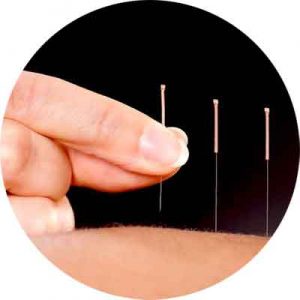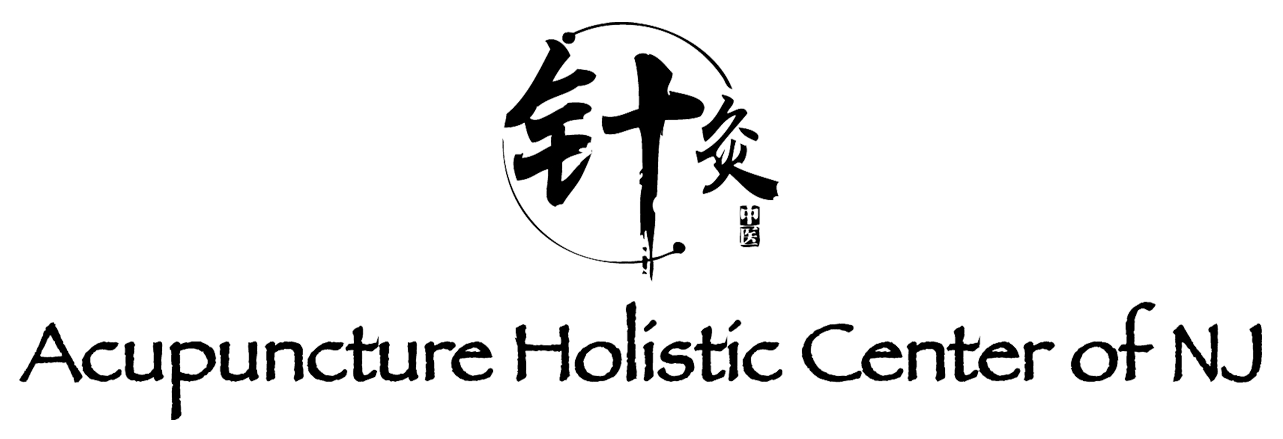Acupuncture
Acupuncture has over a 5,000 year history as one of the oldest medical diagnosis and treatment disciplines in the world. Along with Chinese Herbal Medicine, it originated and served the Chinese and many Asians from generation to generation.
The advantage of acupuncture therapy is the body heals itself by using its own healing power, without painkillers or other medications. In Traditional Chinese Medicine (TCM), acupuncture diagnosis and treatment is based on the concept of Qi (energy or life force) flowing through the specific pathways (meridians) in the body. Any imbalance or disruption in this flow can result in pain or disorders. Through information intake, pulse and tongue diagnosis, and palpations, the acupuncturist evaluates a patient’s information, determines the nature and location of the disharmony, and develops a treatment plan. Very small disposable sterile needles are then inserted at precise locations to remove blockage. When Qi is balanced and freely flows along the meridians, pains will be properly managed and well-being will be reached.

Modern research explains acupuncture as a way to stimulate the body that may affect the central nervous system. Chemicals are released into the muscles, spinal cord, and brain. The body makes many changes, such as increasing hormone and endorphin secretions, promoting blood flow, releasing tight muscles, and recovering the organ and bowel functions. These chemicals either change the experience of pain or influence the body’s self-regulating systems. The biochemical changes may stimulate the body’s natural healing abilities and promote physical and emotional well-being.
Conditions that Acupuncture Treats
Acupuncture has been one of the major healthcare modalities for China and many other oriental countries for thousands of years. Through its comprehensive clinical practice, acupuncture has been proved highly effective in treating pain, numbness, allergy, diseases and disorders. Below are some of the conditions that acupuncture can treat:
| Systems | Diseases or Disorders |
|---|---|
| Pain and Injuries | pain (neck, back, elbow, knee, ankle, etc.), tendonitis, carpal tunnel syndrome, tennis elbow, and fibromyalgia. |
| Respiratory Conditions | cold, cough, sore throat, laryngitis, allergies, sinusitis, asthma, emphysema, and bronchitis. |
| Emotional and Neurological Conditions | stress, anxiety, depression, bi-polar, insomnia, headaches, migraine, trigeminal neuralgia, sciatica, Bell’s Palsy, dizziness, and numbness. |
| Digestive Conditions | diarrhea, constipation, acid reflux, indigestion, gastritis and ulcers, colitis, food allergies, ulcers, and irritable bowel syndrome (IBS) |
| Urogenital Conditions | prostatitis, sexual dysfunction, and UTI |
| Gynecological Conditions | irregular or painful menstruation, infertility, PMS (menstrual cramps, irregular or heavy periods), cystitis, and menopause symptoms. |
| Circulatory Conditions | hypertension, hypotension, arteriosclerosis, and MS. |
| Well being | smoking cessation, weight loss, substance abuse, recovery from surgery, stroke, cancer therapy, etc. |
Other Conditions – Contact a Licensed Acupuncturist to find out other conditions that can be treated with acupuncture treatment.
